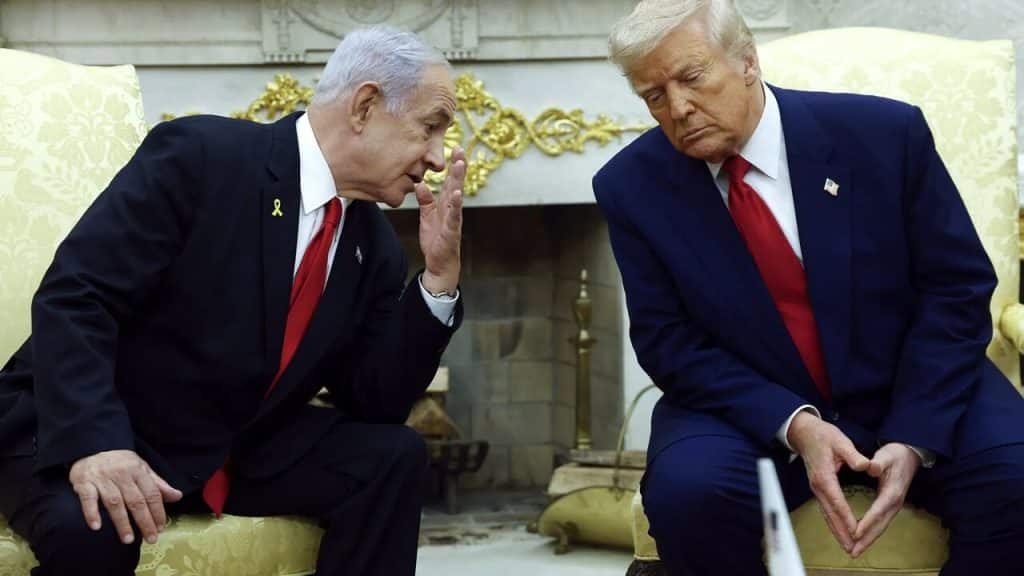Netanyahu’s political gamble with Trump is leading him into a corner of increasing isolation.
The American think tank reported that Benjamin Netanyahu, who holds the record for the longest-serving prime minister in Israeli history, now faces an unprecedented challenge: simultaneous isolation in both the domestic and international spheres.
As the Israeli military expands its operations in Gaza and regional tensions reach a peak, Netanyahu has increasingly turned to US President Donald Trump for support to maintain his power and pursue his objectives. This heavy reliance is a significant gamble that jeopardizes Israel’s political and security future. On September 9, Netanyahu demonstrated his willingness to take risks by authorizing a direct attack on Hamas leaders in Qatar, likely to secure Trump’s approval ahead of their scheduled meeting on September 29. He is seemingly trying to play the “Trump card” to break the current political deadlock.
The Atlantic Council noted that Israel’s misguided attack on its US ally, Doha, and Trump’s subsequent attempt to distance himself from the decision by stating, “this was a decision Prime Minister Netanyahu made, not me,” have weakened Israel’s standing with a president who insists that “the White House always wins.” This shift is noteworthy, given that Trump had previously encouraged Netanyahu with supportive statements and proposals, including a US mandate for Gaza and an attack on Iranian nuclear facilities. However, Trump’s opposition to annexing the West Bank on September 25 indicates a change in some of his earlier positions.
Netanyahu pursues this strategy at a time when internal divisions within Israel have sharply deepened. Elected political leaders are advocating for tighter military control over Gaza, while the security establishment favors accepting a ceasefire and the release of prisoners. Protests from both opponents and supporters reveal a deep ideological divide that has eroded social cohesion. This internal conflict has effectively weakened Netanyahu’s position and further isolated him.
Politically, Netanyahu’s ruling coalition has been in crisis since July, when the Orthodox United Torah Judaism and Shas parties left the government. Their return appears unlikely, as their demand for broad military exemptions for Haredi Jews is expected to be rejected in parliament and the courts. Meanwhile, his extremist partners in the government, the Religious Zionist and Jewish Power parties, have constrained Netanyahu’s political maneuvering by pressuring the government to reject any compromises regarding Gaza and to annex the entire West Bank. Such divisions have intensified the pressure on him from both within and outside his coalition.
At the same time, support for Israel in the United States is declining, not only among Democrats but also among influential Republicans, notably among the “America First” faction and younger voters. These groups are increasingly encouraging Trump to distance himself from Israel. Thus, even if Netanyahu believes he has Trump’s backing, the ground may be unstable beneath him.

